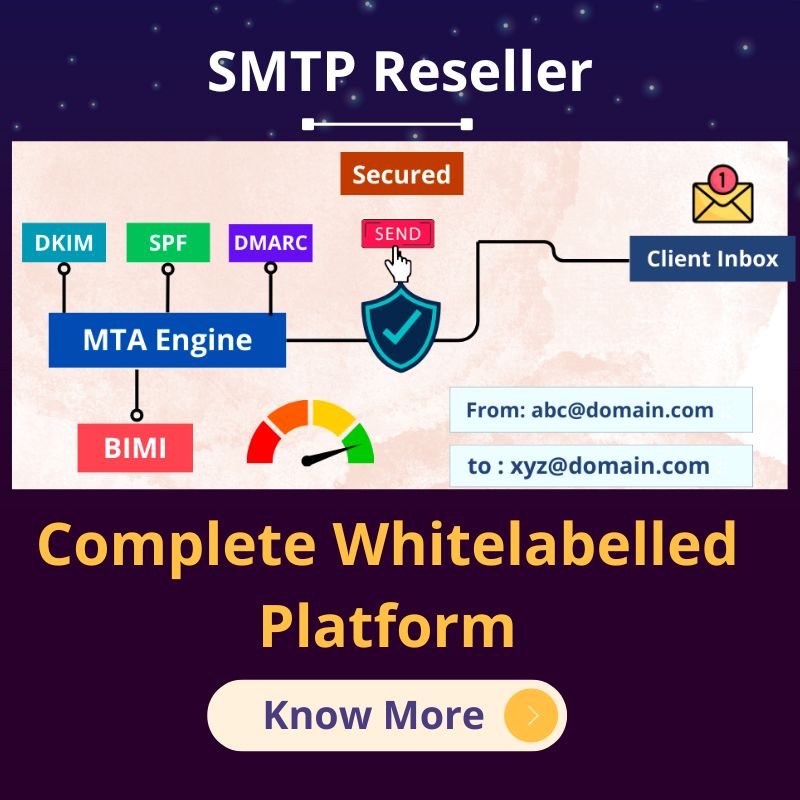Google Ads Keyword Match Type is important to understand. Ad Keyword Match Types that you must consider in PPC Campaigns. your time and work accordingly on areas that produce the biggest returns.
How do keyword match types work in Google Ads? Keyword match types determine what search queries can trigger your ads in Google.
Here I discuss the topic Google Ads. This article is going to explain what Ads keyword match types.
What is Google Ads?
Google Ads is an online advertising platform developed by Google, where advertisers pay to display brief advertisements, service offerings, product listings, video content, and generate mobile application installs within the Google ad network to web users.
 Hence, Google Ads is Google’s advertising system in which advertisers bid on certain keywords in order for their clickable ads to appear in Google’s search results. Since advertisers have to pay for these clicks, this is how Google makes money from search.
Hence, Google Ads is Google’s advertising system in which advertisers bid on certain keywords in order for their clickable ads to appear in Google’s search results. Since advertisers have to pay for these clicks, this is how Google makes money from search.
What is Good Google Ads?
A good ad is-
• Is relevant to the keywords in the query
• Gets a high clickthrough rate (CTR)
• Stands out from your competitors
• Includes a call to action
• Achieves a high-quality score
How Google Ads Keyword Match Type Works?
Every keyword you add to your account can be assigned one of four possible match types i.e.
- Broad Match
- Broad Match Modifier
- Exact Match
- Phrase Match
 Broad Match
Broad Match
Broad match lets a keyword trigger your ad to show whenever someone searches for that phrase. Similar phrases, singular or plural forms, misspellings, synonyms, stemming, related searches, and other relevant variations.
Google Ads (formerly known as Google AdWords) recently introduced a new feature that lets you create keywords that are more targeted than broad match. A greater reach than a phrase or an exact match. With a modified broad match, you put a plus sign (+) in front of one or more words in a broad match keyword.
For example, if you use broad match on “luxury car,” your ad might be displayed if a user types “luxury cars,” “fast cars,” or “luxury apartments.” Google may also match your ad to queries using synonyms. likewise, your ad might display when someone searches for “expensive vehicles,” which doesn’t include any of the terms in your keyword.
Broad Match Modifier
Ads will appear to people who use exact words (or their close variants) within the search phrase. You specify which words must appear. You set a BMM keyword by putting a plus sign in front of any or all words in your keyword. Any word with a + before it must be in the search term, or a close variant of that word. Note that you do not have to put a plus sign in front of every word in your keyword, only the words that have to be in the search term. I like to refer to this as partial or complete modified keywords.
For instance, let’s say you enabled modified broad match in AdWords for the keyword “gel batteries.” If you append the “+” parameter to the word “gel,” Google can only match your ads to queries that include the word gel. If you append it to the word “batteries,” search queries must include that word before you ad can enter the auction.
Exact Match
Exact Match is a keyword match type available to advertisers using Google Ads and Bing Ads. Also, It keyword allows you to reach prospects searching only for the specific keyword you’re bidding on or close variants of that keyword.
Therefore, Impression Share is the percentage of time your keywords and searches queries match up exactly.
However, Google has recently made changes to the exact match type. So using exact match keywords. your ads might match to searches containing synonyms, plurals, or other variations on your keyword.
For example, if your keyword phrase was “black cocktail dress,”. your ad would only be eligible to show up when a user searched for “black cocktail dress” and not for “cocktail dress,” “black dress” or “expensive black cocktail dress.
Phrase Match
Phrase match lets a keyword trigger your ad to show only when someone searches for your exact keyword phrase. And close variations of your exact keyword phrase, with potentially other words before or after that phrase.
For example, if your key phrase was “pet supplies,” your ad could appear when a user searched for “pet supplies,” “discount pet supplies,” or “pet supplies wholesale,” but not for searches like “pet food,” “pet bird supplies,” or “art supplies.” Since the query can contain text before or after your keywords, there is some flexibility, but you are leaving a lot of potential traffic on the table.
Reference- wordstrem



